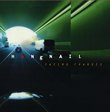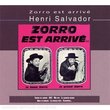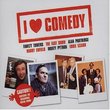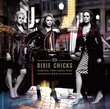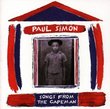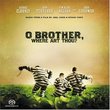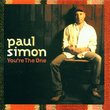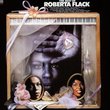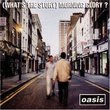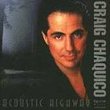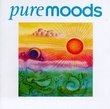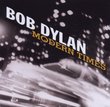| All Artists: Ravi Shankar Title: Bridges: Best of Private Music Recordings Members Wishing: 0 Total Copies: 1 Label: RCA Victor Release Date: 5/15/2001 Album Type: Import Genres: International Music, Jazz, Pop, Classical Styles: Far East & Asia, Reggae, India & Pakistan, India, Opera & Classical Vocal, Historical Periods, Early Music Number of Discs: 1 SwapaCD Credits: 1 UPCs: 019341158226, 019341158226, 001934115822 |
Search - Ravi Shankar :: Bridges: Best of Private Music Recordings
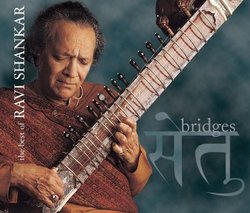 | Ravi Shankar Bridges: Best of Private Music Recordings Genres: International Music, Jazz, Pop, Classical Ravi Shankar is one of the prevailing musical geniuses of the current age. He largely introduced the West to Indian classical music in the '60s, with help from George Harrison, although he was already a giant figure in ... more » ![header=[] body=[This CD is available to be requested as disc only.]](/images/attributes/disc.png?v=15401716) ![header=[] body=[This CD is unavailable to be requested with the disc and back insert at this time.]](/images/attributes/greyed_disc_back.png?v=15401716) ![header=[] body=[This CD is unavailable to be requested with the disc and front insert at this time.]](/images/attributes/greyed_disc_front.png?v=15401716) ![header=[] body=[This CD is unavailable to be requested with the disc, front and back inserts at this time.]](/images/attributes/greyed_disc_front_back.png?v=15401716) |
Larger Image |
CD DetailsSynopsis
Amazon.com Ravi Shankar is one of the prevailing musical geniuses of the current age. He largely introduced the West to Indian classical music in the '60s, with help from George Harrison, although he was already a giant figure in his own field. While it's called The Best of Ravi Shankar, Bridges is a bit of a misnomer since it's actually culled from the records he made in the late '80s. However, they represent some of his most adventurous work. Tracks like "Tarana," recorded in the Kremlin, mix his sound with Russian music, while three cuts come from his collaboration with noted American modern classical composer Philip Glass; elsewhere, former Beatle Harrison figures in the mix. But the center of attention, as always, is Shankar's pristine playing of an incredibly complex instrument, the way he can evoke every mood, from serenity to storm, and, when the occasion arises, improvise like a master--which, of course, is exactly what he is. So while this isn't the all-time best of Shankar--that would require a hefty box set--it's the cream of a certain time in his career. And the best of Shankar is always glorious indeed. --Chris Nickson Similar CDs
Similarly Requested CDs
|
CD ReviewsA good introduction to Ravi Shankar and to music of India Neal C. Reynolds | Indianapolis, Indiana | 06/21/2002 (4 out of 5 stars) "Other CDs go much deeper into the richness of Ravi Shankar's sitar music and his interpretation of the music of India. However, those new to this music will probably find this the easiest introduction. It does have some of his ragas. Listen also carefully to the rather playful "West Eats Meat", as well as "Tana Maria", "Friar Park", and "Prashanti". The venerable musician's music will appeal, not only to those already familiar with sitar and Indian music, but to those with a liking for jazz and classical music...actually to anybody who enjoys music at all." Do you really want a "best of" album? spifferito | Port Isabel, Texas United States | 06/28/2001 (3 out of 5 stars) "I love Ravi Shankar, and the songs in this album are fantastic, some of his best. But it's like a pop-chart list of his popular songs, many of which fit into the scheme and groove of their own album. I guess if you're just getting started in Ravi Shankar or eastern music in general, this would be a good introduction. If not, check out Passages or Tana Mana." Great intro to ravi 02/04/2004 (5 out of 5 stars) "It's a great cd except for the annoying high pitched hiss on Tana Mana. Its on Ravi's vocal track and its almost unbearable. But if your over 30 you probably can't hear it anyway."
|


